Rwanda Travel Guide
Discover Why You Should Visit Rwanda
Why Visit Rwanda?
Rwanda, known as the ‘Land of a Thousand Hills’, offers one of Africa’s most breathtaking landscapes combined with remarkable wildlife encounters, especially the rare mountain gorillas in Volcanoes National Park.
The country has undergone an inspiring transformation, becoming a clean, safe, and welcoming destination. It blends natural beauty, wildlife, and a resilient cultural spirit.
Ideal for: Wildlife lovers, eco-tourists, photographers, and cultural travelers.
Must-Know Facts
Capital/Major City: Kigali
Language(s): Kinyarwanda (official), English, French, Swahili
Currency: Rwandan Franc (RWF)
Best Time to Visit: June to September (dry season for gorilla trekking)
Fun Fact: Rwanda is one of the cleanest countries in Africa and has banned plastic bags nationwide.
Top Things to Do
Go gorilla trekking in Volcanoes National Park
Visit Kigali Genocide Memorial to understand Rwanda’s history and resilience
Take a boat ride on Lake Kivu and relax at its lakeside towns
Explore Nyungwe Forest National Park for canopy walks and chimpanzee tracking
Cycle the Congo Nile Trail for scenic views and rural immersion
Local Culture & Lifestyle
Rwanda has a strong community ethos and values cleanliness, unity, and reconciliation. Traditional dance, music, and storytelling remain vital to cultural life.
The monthly ‘Umuganda’ community service day reflects the country’s commitment to civic responsibility and social cohesion.
The people are known for their hospitality and pride in their country’s progress.
Food & Drink Highlights
Street Food: Brochettes (grilled meat skewers), sambaza (fried fish), isombe (cassava leaves with peanuts)
Restaurants: Repub Lounge, Heaven Restaurant (Kigali), local buffets called ‘hotels’
Drinks: Urwagwa (banana beer), Rwandan coffee, fresh passionfruit juice
Desserts: Fruit salads, banana fritters, Rwandan donuts
Main Dish & Culinary Symbols
Signature Dish: Ugali with goat or chicken stew and vegetables
Common Ingredients: Plantains, cassava, beans, potatoes, goat meat, bananas
Culinary Culture: Meals are simple but hearty, often featuring fresh and locally grown produce. Communal eating is common, particularly in rural areas.
Symbols & Icons of the Area
Natural Icons: Volcanoes National Park, Lake Kivu, Nyungwe Forest, Akagera National Park
Cultural Icons: Intore dancers, imigongo art (geometric cow dung paintings), woven baskets
Hidden Gems & Off-the-Beaten-Path
Gishwati-Mukura National Park for quiet eco-tourism and birdwatching
Ethnographic Museum in Huye (Butare) for cultural history
Twin lakes of Burera and Ruhondo with stunning vistas and boat tours
Shopping & Souvenirs
What to Buy: Imigongo art, woven agaseke baskets, local textiles, handmade jewelry
Where to Shop: Caplaki Craft Village (Kigali), Inema Arts Center, local cooperatives in Musanze and Huye
Getting Around
Public Transport: Buses and motos (motorbike taxis) are widely used and affordable
Car Rentals: Available with drivers, especially for national park access
Tip: Use official ride-hailing apps or hotel arrangements for safety
Walkability: High in Kigali and small towns due to cleanliness and safety
Travel Tips
Permits are required for gorilla and chimpanzee trekking and should be booked well in advance
Plastic bags are banned, so bring reusable alternatives
Rwanda is generally safe, but always follow local guidance and respect community customs
Learning a few words in Kinyarwanda is appreciated and enhances cultural exchange
Where to Stay
Budget: Guesthouses in Musanze, Rubavu, and Kigali hostels
Mid-range: Heaven Boutique Hotel, Five Volcanoes Boutique Hotel
Luxury: One&Only Nyungwe House, Bisate Lodge, Singita Kwitonda Lodge
Unique: Eco-lodges, gorilla trek camps, lakeside lodges along Lake Kivu
Sample 4-Day Itinerary
Day 1: Arrive in Kigali, visit the Genocide Memorial and local craft markets
Day 2: Drive to Volcanoes National Park, optional cultural village tour
Day 3: Gorilla trekking and afternoon rest or Lake Ruhondo visit
Day 4: Return to Kigali or extend trip to Lake Kivu or Nyungwe Forest for chimpanzee tracking

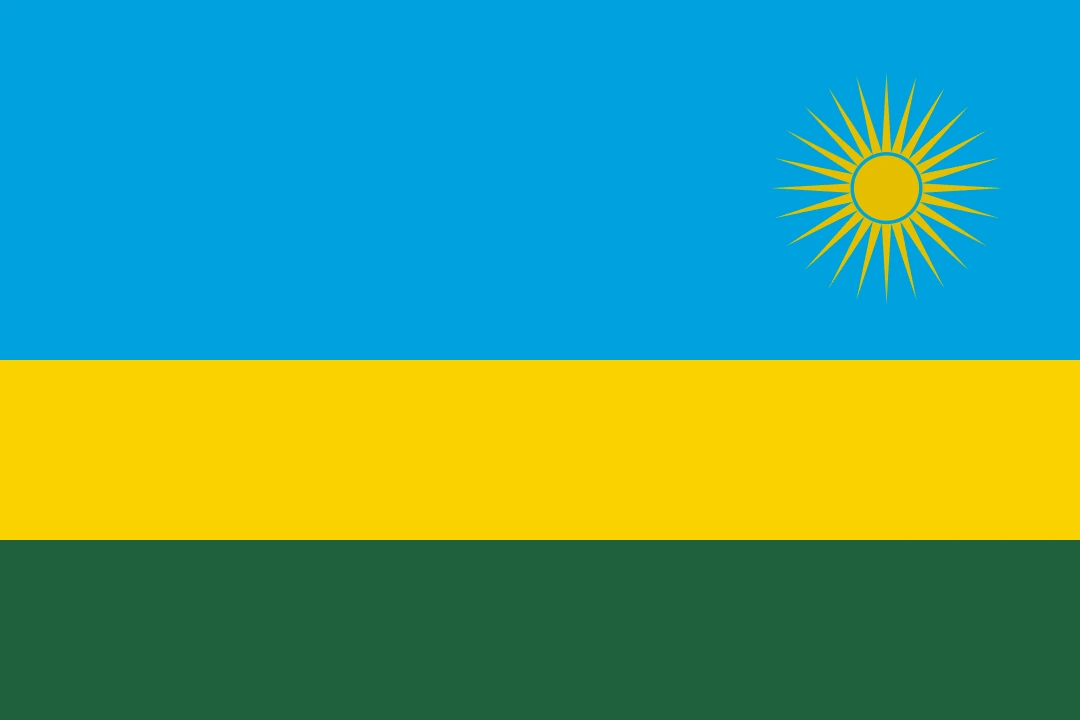
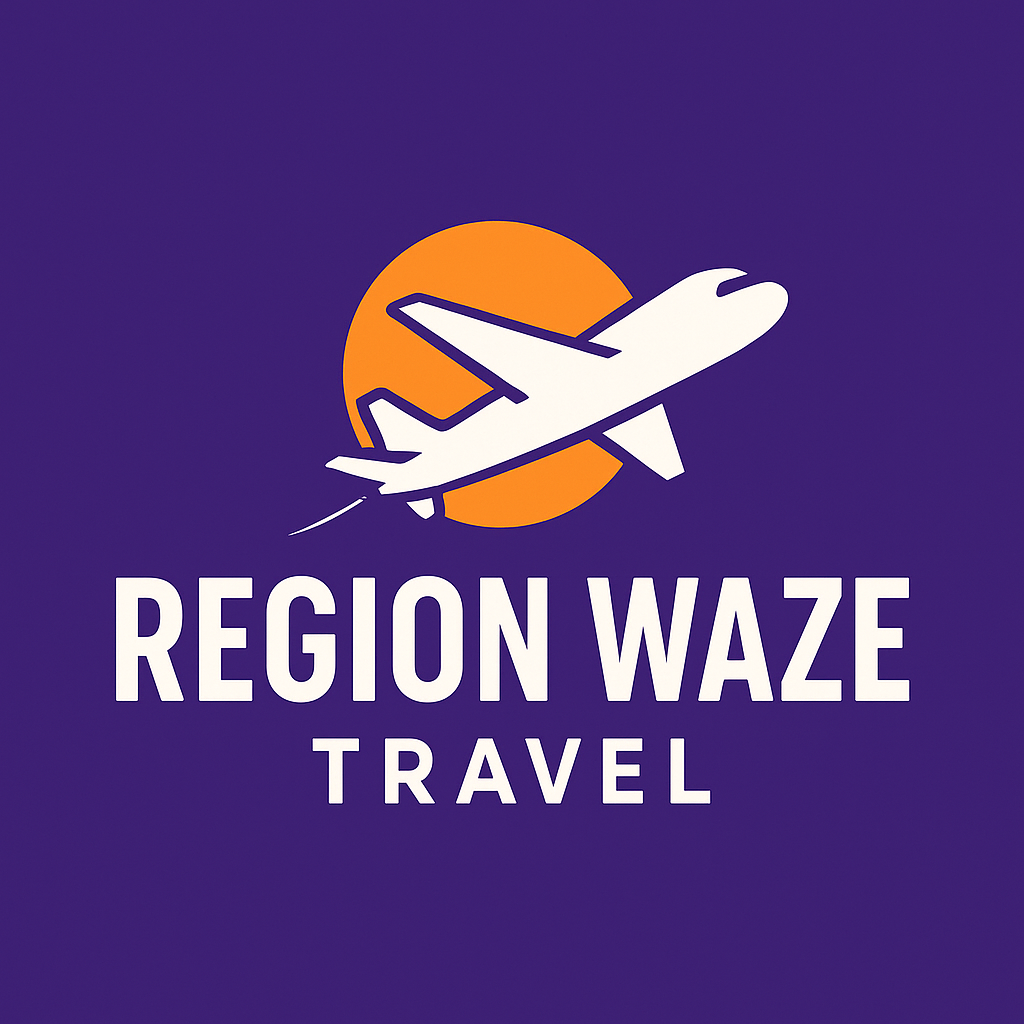
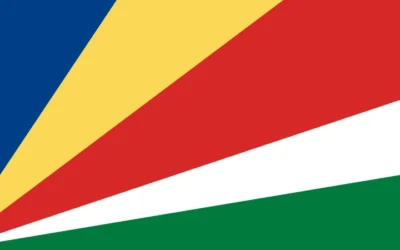
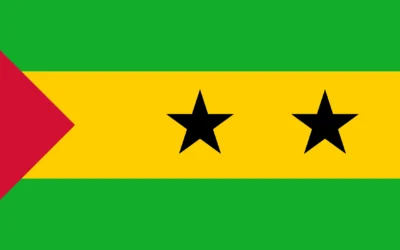
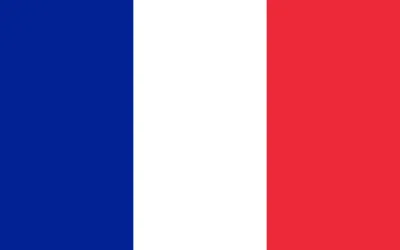
0 Comments